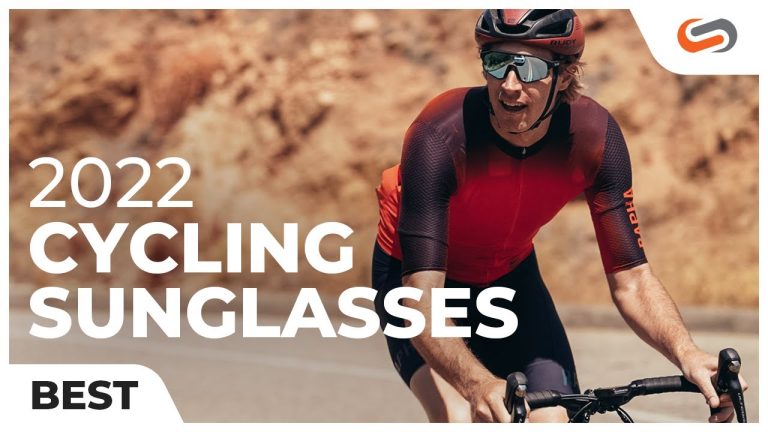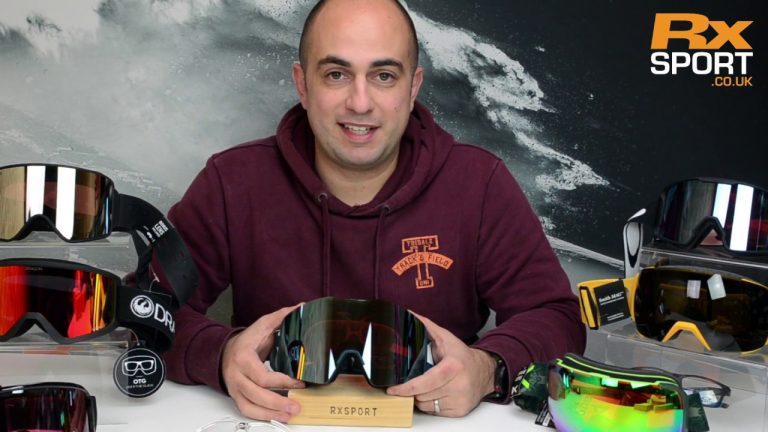Improve Your Game with Sports Vision and Accuracy: Tips and Products from Vision Experts
Sport vision and accuracy go hand in hand. Whether you are an amateur or professional athlete, having good vision can make a significant difference in your performance on the field. In fact, studies have shown that a significant percentage of visual perception, processing, and response are necessary for optimal athletic performance, so taking care of your eyes is essential for any athlete.
Visual skills, including focusing and tracking, are critical to your success on the field or court. Without them, you may lose track of the ball or miss some key details that can help you perform at your best. For these reasons, sports vision has become increasingly popular among athletes of all ages and abilities. With the help of Optometrists and optical companies, athletes can now improve not just their physical skills but also their visual skills, including hand-eye coordination and reaction time.
The Importance of Sports Vision and Accuracy
Good vision is essential for playing sports. Whether it’s seeing the ball come at you, reading the distance on the scoreboard, or being able to see your opponents, vision plays a vital role in sports. For most athletes, having excellent peripheral vision, depth perception, and binocular vision can be the difference between winning and losing.
While physical fitness and training play a significant role in sports, visual perception and processing are also essential. People with good visual perception and processing can respond more quickly to changing situations, which is particularly important in sports where things happen in a split second. This ability also translates into faster reaction times for athletes, which can be particularly beneficial to track and field athletes or racquet sport players like tennis or badminton.
Optical Products for Sports Vision and Accuracy
1. Sports Goggles:
Sports goggles can be a game-changer for athletes. They are designed to protect your eyes from injury and glare while enhancing clarity and contrast. They can also be prescription or non-prescription, depending on your vision needs. Additionally, they come with various features such as wrap-around lenses to provide peripheral vision, interchangeable lenses to adjust for various lighting conditions and also adjustable straps to keep them secure on your face.
2. Contact lenses:
Contact lenses are an excellent option for athletes who don’t want to wear glasses when they play. They allow for full peripheral vision and do not fog up or move around during play. Furthermore, they are lightweight, comfortable and won’t interfere with your helmet or other headgear.
3. Anti-Reflective Coating:
An anti-reflective coating on your glasses can help reduce glare and improve your visual acuity. This coating can be particularly beneficial for athletes who play outdoors or in bright lighting conditions. Additionally, it can reduce eye strain and aid in contrast discrimination, eliminating visual distractions.
Conclusion
Good vision is critical for sports performance. Athletic individuals, unlike the average sedentary person, demand extraordinary skills when it comes to their eyesight. Sports vision training and optical products like sports goggles and contact lenses can significantly enhance an athlete’s performance when it comes to sports. Therefore, if you’re an athlete, make sure to take care of your eyes by getting regular eye checks, using appropriate safety gear and investing in quality sports eyewear. Not only will it improve your performance, but it can also prevent eye injuries that could put you out of the game.
Contents
Most wanted in Hoya Vision:
What brand lenses does Costco use?
What does +0.25 mean on an eye test?
Hoya Lens Engravings
Should eyeglasses cover eyebrows?
Do tinted glasses help with migraines?
Hoya Identification Chart
What are prism eyeglass lenses?
Is gray or brown better for transition lenses?
What LED light is best for broken capillaries?
Does hyperopia worsen with age?
















